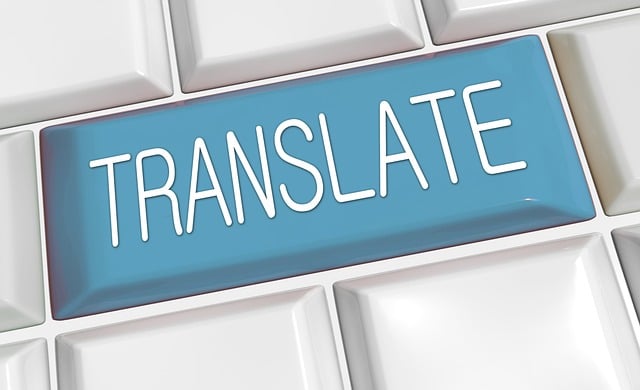In today’s interconnected world, effective communication is vital for any industry, and the healthcare sector is no exception. When it comes to medical records, accurate and efficient translation plays a crucial role in ensuring quality patient care and safety. In this comprehensive guide, we will explore the significance of a reliable and affordable medical records translation service, providing you with essential information to make informed decisions for your healthcare institution.
Understanding the Need for Medical Records Translation
Language barriers within healthcare settings often hinder effective communication between healthcare professionals and patients. This can lead to serious consequences, including misdiagnosis, medication errors, and compromised patient safety. Medical records, documenting a patient’s medical history, diagnoses, treatments, and prescriptions, are critical for delivering appropriate and personalized care. Effective translation of these records helps bridge linguistic gaps and ensures accurate understanding across all involved parties.
The Role of Reliable Translation Services
A reliable medical records translation service acts as a bridge between healthcare professionals and patients, ensuring accurate and culturally sensitive translations. These services employ professional translators with expertise in both medical terminology and language proficiency. Culturally sensitive translations are essential to accurately convey the patient’s medical history, as certain terms and concepts may vary across different languages and cultures. Additionally, reliable translation services offer certified translations for legal and official documents, adhering to industry and regulatory standards.
The Benefits of an Affordable Translation Service
While the importance of reliability cannot be overstated, the cost of translation services is a concern for many healthcare institutions. Budget constraints should not compromise the quality of medical records translation. Affordable services can provide a viable solution, allowing healthcare providers to meet their translation needs while staying within their financial limitations. By striking a balance between reliability and affordability, healthcare institutions can ensure effective communication without breaking the bank.
Conclusion: Effective medical records translation is indispensable for quality patient care in the healthcare sector. Balancing reliability and affordability ensures seamless communication, overcoming language barriers. By carefully selecting a reputable translation service based on credentials and client feedback, healthcare institutions can achieve accurate and culturally sensitive translations without compromising financial constraints.








